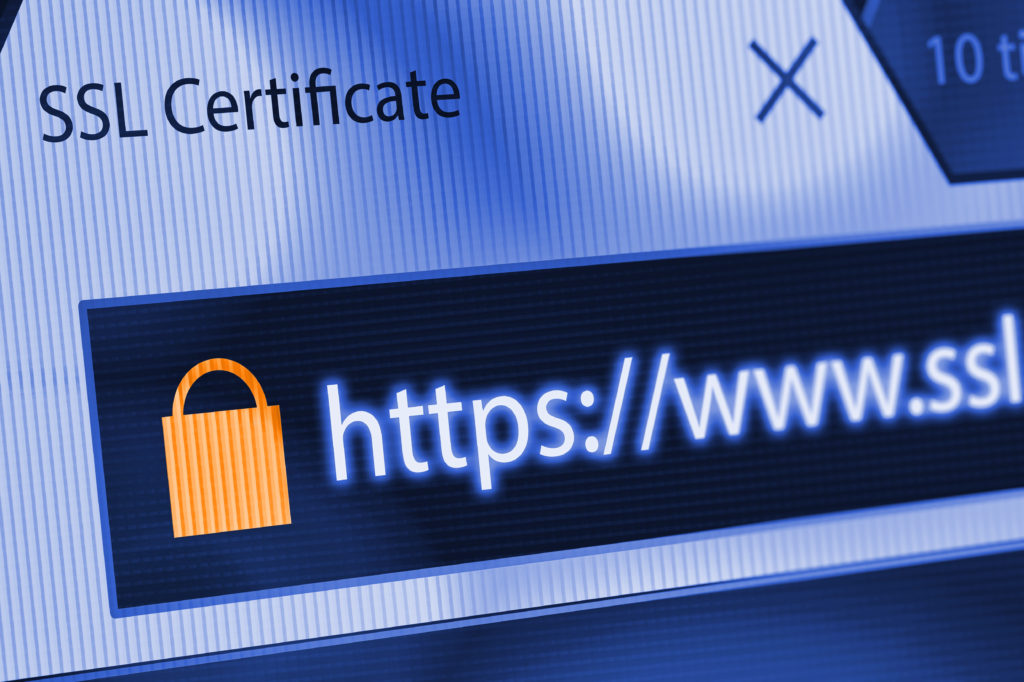In today’s modern landscape, there’s no denying that having an online presence is critical for attracting business. And the first step towards digital marketing is having a good website.
The same thing is also true for B2B companies. If you’re a B2B company owner or manager, you know that you’re marketing yourself to people who, like you, are professionals in their niche. Having a website that conveys confidence, reliability, and security should, therefore, be one of your top priorities.
In this article, you’ll learn some expert tips on how to improve the security of your B2B website.
- Partner With An Experienced IT Specialist Firm
Website creation is a lot easier today, thanks to content management systems (CMS). However, creating your B2B website on your own doesn’t guarantee that you’re implementing critical web design best practices that contribute to security, such as adding a log-in page. If you want to know more about how to design an effective B2B website, you look for helpful resources online like https://www.jumpfactor.net/b2b-website-design-best-practices/.
Even if you follow the tips on the provided link and created a well-designed website, you can’t just launch it and forget about it. You also need to do regular security maintenance on your website to protect your company’s and users’ data. However, website security is much more complicated than the simple drag-and-drop process of designing a website.
As a business owner, you probably don’t have the time to learn and implement a security maintenance and assessment routine for your website. In this case, it’s best to simply hire an expert to do it for you. For instance, hiring expert IT services from Infotech.us allows your website to stay updated on the latest security standard and stay secure and protected against modern-day cyber threats.
Expert IT firms also have the right technology and knowledge on how to effectively secure your website while keeping up with the latest web design trends to help it stand out against your competitors.
- Always Update Your Plugins And Software
Like most businesses, you’re probably relying on CMS to run your website. With these systems, you get access to a variety of plugins and tools to make your website more intuitive. Unfortunately, your website may end up with insecure and outdated plugins and software. Remember, countless websites are hacked and compromised because of outdated software and plugins. Don’t let it happen to your B2B website.
Make sure to keep your CMS platform and plugins updated whenever it’s available. Updates are critical to the security and health of your site. They often contain vulnerability repairs and security enhancements. When a new version of your CMS is launched, consider installing it after a week or two. This way, you can have the latest security protection, but without the annoying bugs that got past the initial launch.
An SSL certificate is the gold standard of a secure, healthy website.
SSL, which means Secure Socket Layer, is a standard security technology that creates an encrypted link between a server and a client (usually websites). It makes data transfers secure and protects your website from data breaches. This is particularly beneficial in B2B sites as it allows you to secure financial data from customers when ordering on your site.
Make sure to purchase an SSL certificate from reputable vendors. Once you receive your SSL certificate, install it on your servers by following the steps provided by your vendor.

When it comes to B2B website security, automated backups are your best friend. Regular data backup allows you to respond to a wide range of issues—whether it’s as simple as a few broken pages or as complicated as a hacked website.
However, most B2B businesses often fail to back up their website. In most cases, they simply forget to do so. Automated backups can help solve this issue. If you’re using a CMS, you can simply use a plugin to help automate website backups. You can also invest in an automated website backup service, so you don’t have to do a thing.
If you have multiple users on your B2B website, you need to monitor and manage user access. Managing users is critical to defend against compromised accounts. You need to know each website user and assign the proper permissions to them for their role within the website.
Also, don’t allow account sharing. With shared accounts, if an individual makes a change, it’s difficult to determine who’s responsible. You need to make sure that you know who’s doing what on your site.
Takeaways
Whether you’re running a service-based startup or a B2B enterprise, users expect a safe online experience. Although building websites have never been easier than today, business owners need to be extra responsible for website security and keep critical data away from prying eyes.
While no B2B website can be completely ‘hacker-free,’ using the above preventive methods should help minimize your website’s vulnerability and ensure its reliability.






